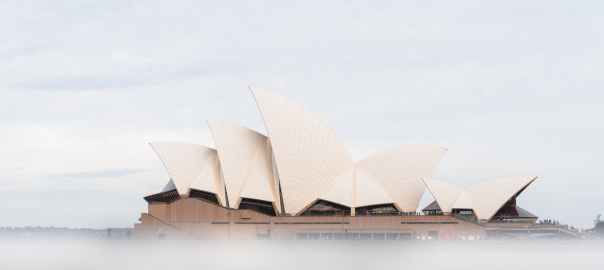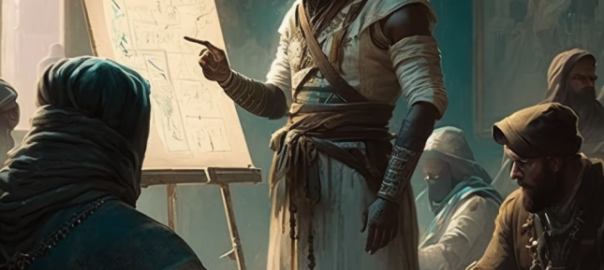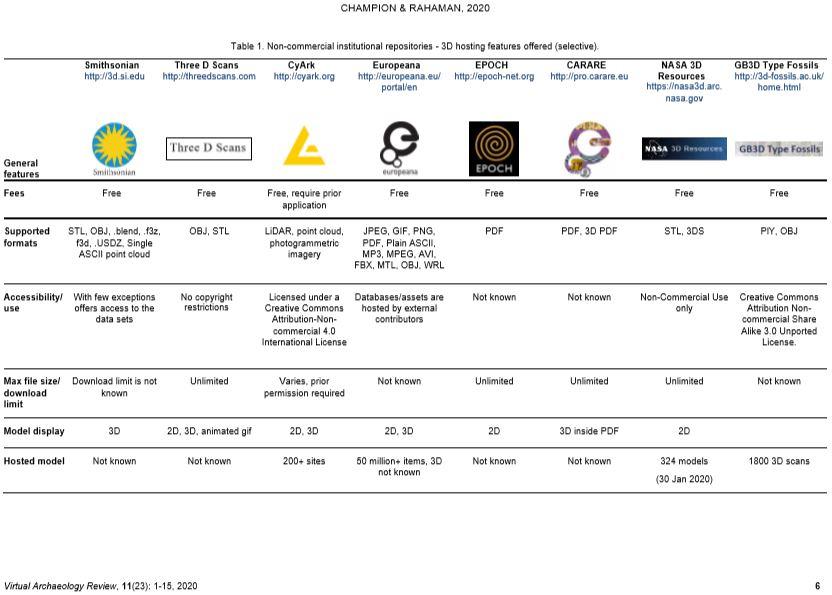SYMPOSIUM: SMALL DATA IS BEAUTIFUL: ANALYTICS, ART AND NARRATIVE
Taking inspiration from the ‘small is beautiful’ mantra of the
1970s which provoked counter-cultural economic and scientific expertise in the name of planetary survival, this symposium invites scholars working on computational methods in the arts, humanities and social sciences to discuss their research with ‘small data’.
Big data is often characterised by the volume, speed and aggregation made possible by automated and intensive computational systems, and over the last decade, data scraping methods and ‘large N’ studies have become dominant trends in socio-cultural digital research. Conversely, small data may be characterised by their limited volume or greater diversity of anomalous patterns, case studies, and research collected manually to answer specific questions.
This concept of “small is beautiful” has a distinctive history and place in the humanities and creative arts, producing specific (if not unique) works and critical commentary in archives tied to the authorial or artistic signature. From a social science perspective, small data may be associated with some forms of qualitative methods, marginalia, ephemera, data that ‘glows’ or narrative analysis of ‘small stories’.
Moreover digital platforms with readily accessible technologies are recomposing scale in unprecedented ways. Such approaches giverise to new possibilities for mass circulation of intimate gestures and the affordances of transnational and first person voices that may not identify with colonising structures or professional institutions of art, culture and political organisation.
Hosted by the Australian Cultural Data Engine, the Narrative Network and the Victorian College for the Arts, this interdisciplinary symposium seeks to nurture and advance our understanding of small data that involves human-scale analyses, thinking about aesthetics, and exploring how narratives emerge from data patterns and their anomalies.
Key questions guiding the event are: how do interactions with small data shape and inspire transformations of knowledge in the twenty-first century? Who collects, owns and curates small data? And when and where does small data hold power? What kind of actions, or play, are possible with small data? Which stories can be told with small data?
Proposals are invited for a two-day symposium with panels, presentations and demonstrations at the Digital Studio, University of Melbourne and online.
Topics may include:
• Collecting as little as possible: how small is small?
• Data domestics
• Fragmented or aberrant data
• Data as ritual, data as performance
• Bio-data, body data
• ‘Smart’ data
• Disruptions from data instances
• Small data art and aesthetics
• Small data industries
• Small data and subjectivity
• Miniaturisation of digital means
• Histories of small data curation
• Small data ethics
November 12-13, 2021 at the Digital Studio, Arts West building, University of Melbourne, Australia
FORMAT: The symposium will include a mix of in-person and online formats. Keynote presentations and some panels will be scheduled online for the morning sessions (AEST) with other sessions face to face in Melbourne in the afternoon of November 12 and 13 (COVID restrictions permitting).
We hope to facilitate a sense of shared understanding and conversation over the two days, and for this reason preference will be given to those who are able to attend both days of the event.
ABSTRACT SUBMISSION: please send a 250 word-abstract and bio marked “Small Data” to: digital-studio@unimelb.edu.au before September 30, 2021.
The conference fee is $50 full and $25 students and which will cover catered lunches and afternoon tea. There are a small number of bursaries for interested participants without the financial means to attend (conditions apply).
Registration details will be circulated at a later date.











